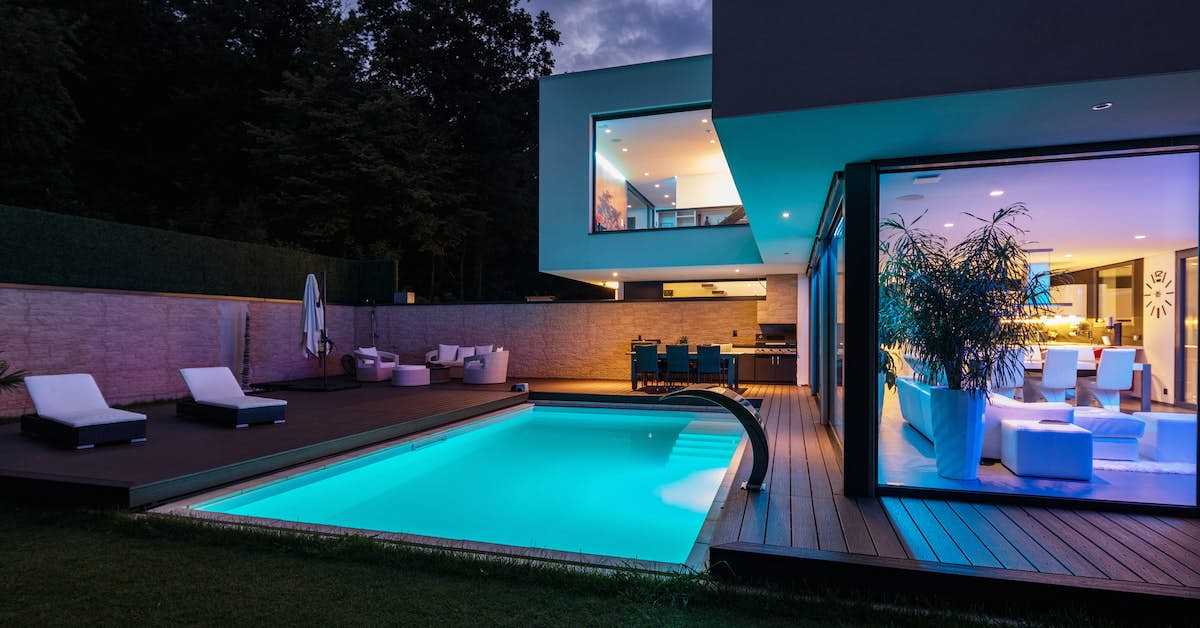
Is The Lighting In Your House Making You Old Too Soon?
Natural Health
Written by Susan D. Clark | Updated on September 30, 2022
Reviewed by Susan D. Clark
Click an AI button to start…
Share this articleShare

Written by Susan D. Clark | Updated on September 30, 2022
Reviewed by Susan D. Clark

